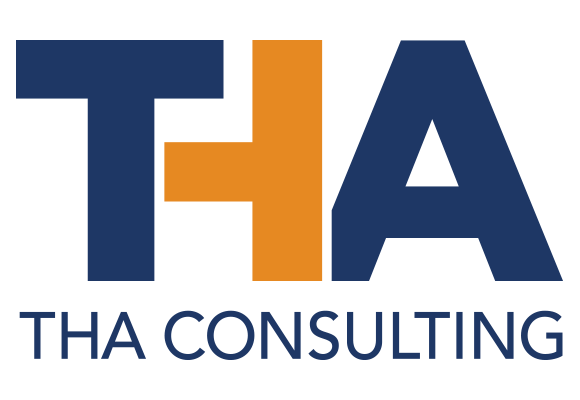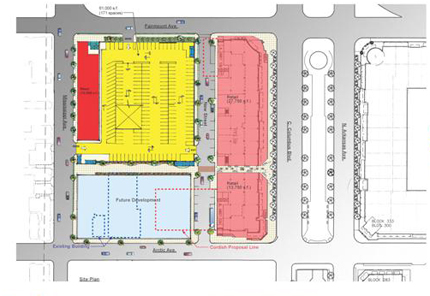What are the types of parking studies and what value does each provide?
There are many types of parking studies that can be valuable to improving the parking situation in a community. It is often easy to overlook the preliminary steps needed to make a neighborhood, campus, or development a success. Countless details must be considered before design and development, and parking is a critical component that provides infrastructure to support it. Understanding these issues as a whole is an essential part of developing a successful project. The following are some of the most important, and common, types of parking studies:
Supply / Demand
- Analyze current parking conditions and determine if they are sufficient to support growth and development
- Examine parking supply and anticipate future shortages
- Assess the ability of an existing supply to meet existing peak demand
- Identify future demand, deficit or surplus
- Develop parking demand ratios to calculate current and future parking demand
Financial Feasibility
- Determine the cost to add and operate new parking
- Predict types of parking revenue
- Assess proposed rates and market value
- Determine whether the parking facility will be self-supporting
- Establish fee structures, annual growth rates, and revenues
- Identify user types and rates, turnover, and hours of operation
Shared Analysis
- Identify actual parking demand and user characteristics to mitigate cumulative parking demand
- Analyze land uses including total square footages by land use, tenant mix, number of units, etc.
- Identify reductions in parking per unit of land use as a result of individuals patronizing more than one destination on a single trip
- Estimate potential vehicular occupancy of residential, restaurant, retail, and commercial uses
- Conduct a shared parking analysis and make recommendations for opportunities to reduce the overall parking demand
- Assist in the presentation of the shared parking analysis and data to obtain land use approvals
Site Feasibility
- Review current local codes and ordinances
- Develop parking structure layouts
- Recommend the most cost-effective options to increase parking supply
- Investigate ways to reallocate parking supply to better accommodate user needs
- Incorporate needs of individual users into analysis of the sites and design concepts
Parking and Transportation Operational Analysis
- Assess current operations procedures and recommend improvements
- Assess new parking operational and management initiatives
- Evaluate alternative options, i.e. shuttle, valet, and long-term parking
- Analyze pedestrian and vehicular circulation for improvement and potential conflicts
- Evaluate and recommend alternative parking management practices
- Analyze parking rate structures for on-street, off-street, and residential parking
Mobility Studies
- Evaluate the integration of multi-modal systems
- Assess the use of enabling mobility technology
- Analyze curb management strategies, policies and practices
- Provide curb space design guidelines to accommodate multiple transportation modes and shared-use transportation
- Evaluate and develop mobility-related policies
*Federal, State, and Local codes govern most of these requirements and should be thoroughly investigated. Data presented herein should be considered guidelines only. For more specific information and assistance with implementation of these guidelines, please contact THA Consulting, Inc. via email at info@tha-consulting.com

